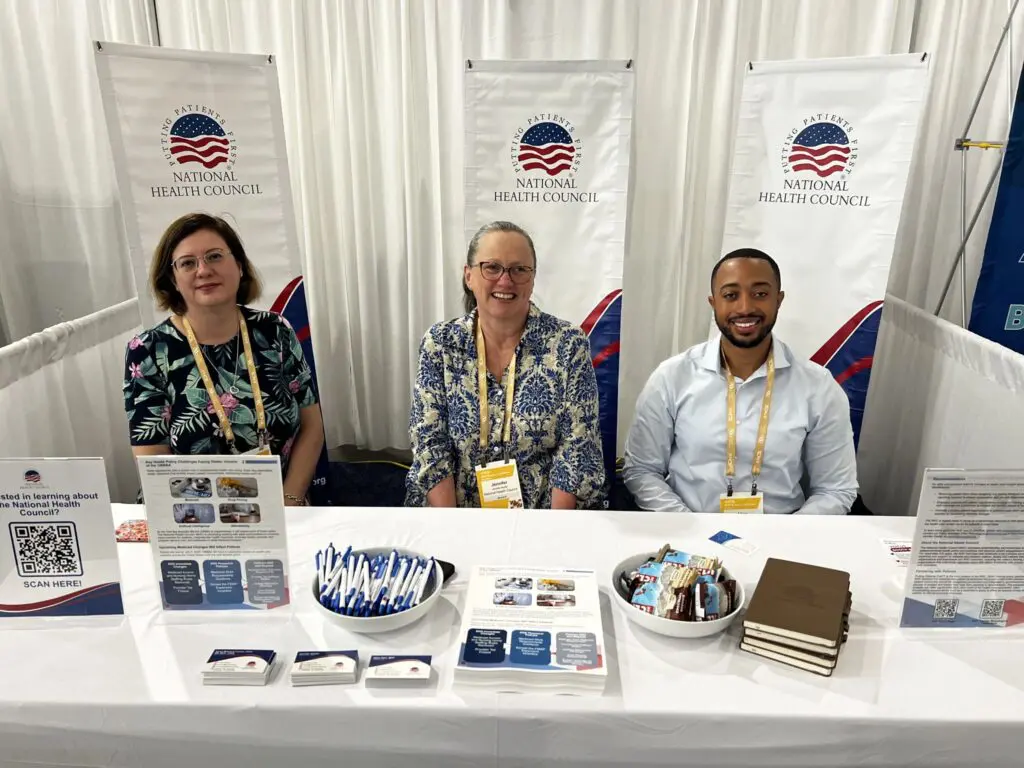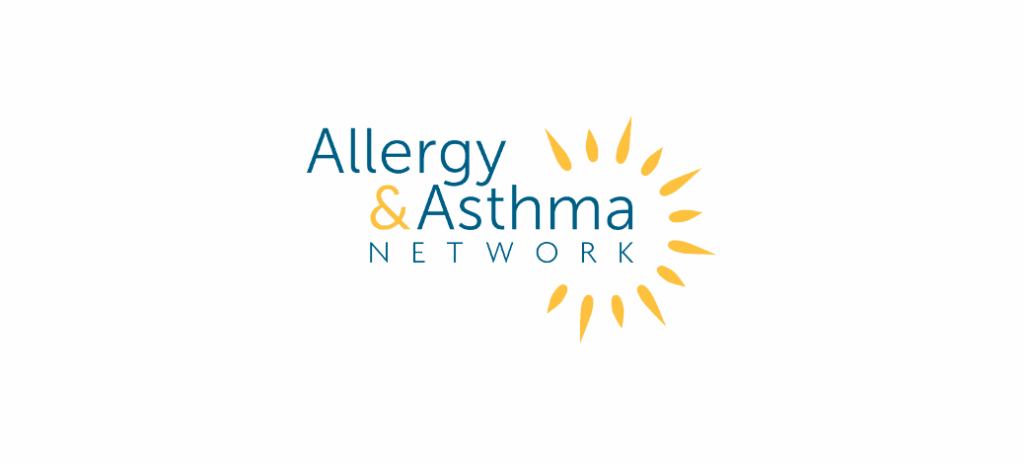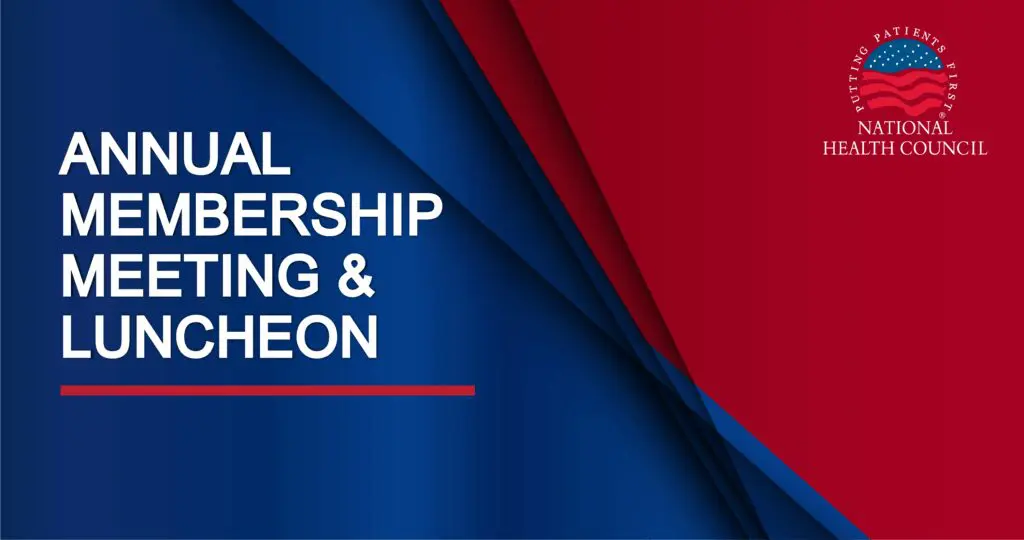Engaging with state policymakers at the NCSL Legislative Summit
By: Allen Pinn, Manager, Policy
The National Health Council (NHC) has historically concentrated on health policy at the federal level. However, the growing role of states in shaping health care through issues such as Medicaid, insurance practices, telehealth, AI governance, and public health has made coordinated, informed, and proactive state-level advocacy education essential. As a result, the NHC was excited to participate for the first time in the National Conference of State Legislatures (NCSL) Legislative Summit held in Boston, Massachusetts from August 4 to 6. This annual Summit convenes state legislators and their staff from across the nation to discuss critical policy issues, exchange ideas, and network with fellow legislators and exhibitors.
The NHC attended as an exhibitor, represented by Jennifer Dexter, Vice President of Policy, Karen Mancera-Cuevas, Senior Director of Health Equity, and Allen Pinn, Policy Manager. Dexter also presented at a 30-minute session titled “Patients as Partners in Policymaking.”

Joining Dexter for this discussion were representatives of NHC member organizations: Dominique Brown, State Relations & Policy Director for the Epilepsy Foundation of America, and Jamie Sullivan, Vice President of Policy of EveryLife Foundation for Rare Diseases. During their remarks, the three presenters highlighted the impacts of the One Big Beautiful Bill Act (OBBA) and a timeline of expected health care policy changes.
In this presentation and as an exhibitor, NHC reiterated its commitment to advocating for patients while OBBA is implemented in the next several years. Legislators who engaged with the NHC learned about why the patient community should be recognized as partners in the implementation process and integrated in all policy development phases, from clinical outcomes to costs. Finally, the NHC recommended the following actions to state legislators:
-
- Require patient input when designing and testing Medicaid work requirement reporting systems
- Engage patient and patient organizations in decision making as Medicaid benefit and coverage are considered to mitigate the harmful impact of funding cuts
- Include patient organizations in advisory roles when determining Medicaid benefits or considering eligibility changes
As the impacts of OBBBA unfold. the NHC will continue its role as a voice for the patient community. To learn more about the NHC’s stances on OBBBA, please contact our Vice President of Policy, Jennifer Dexter at jdexter@nhcouncil.org.


